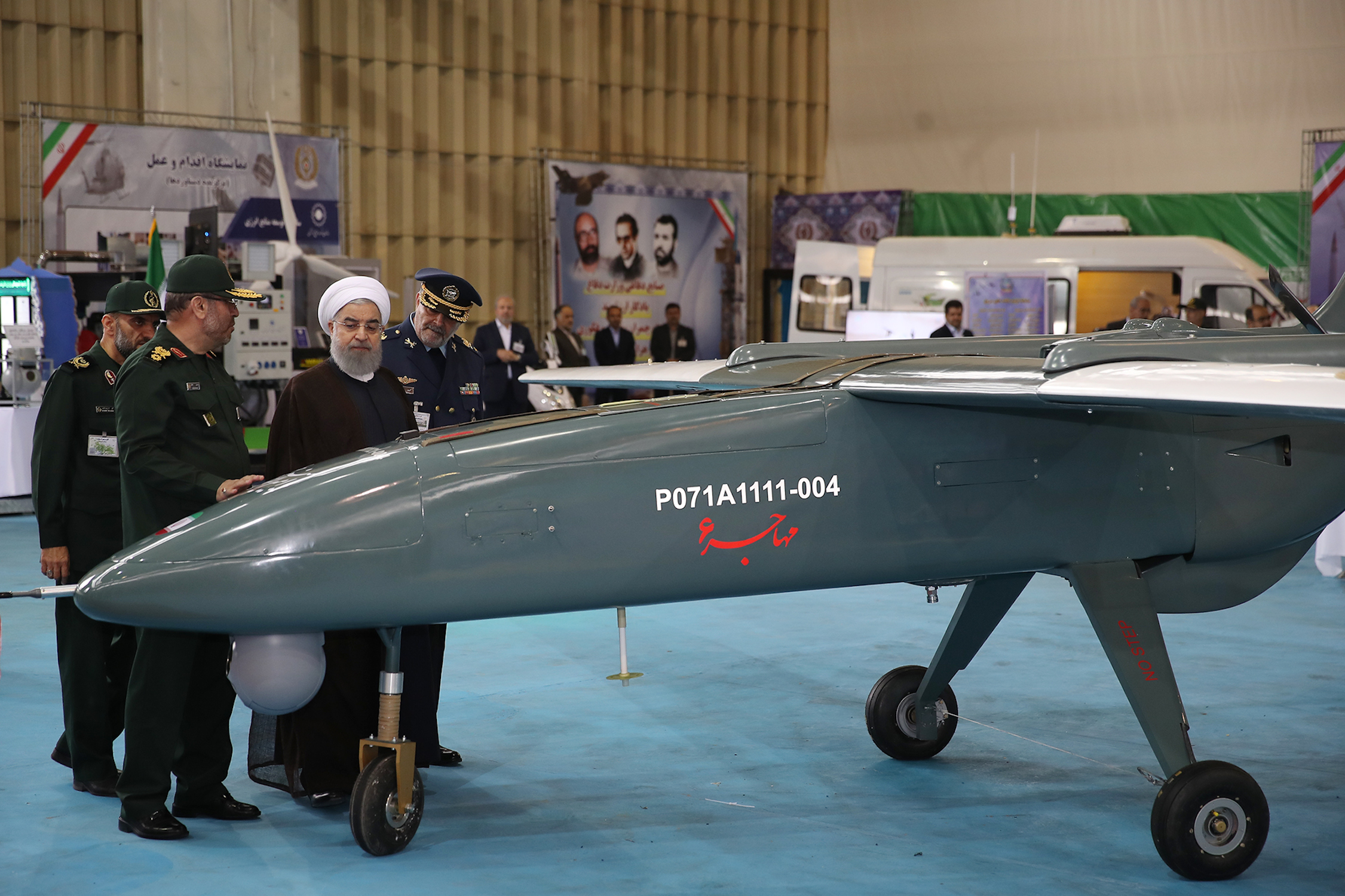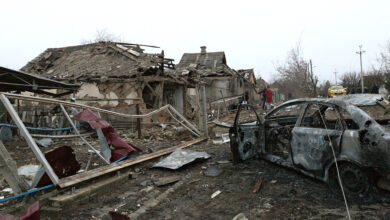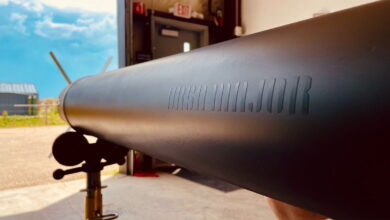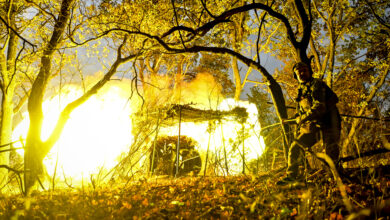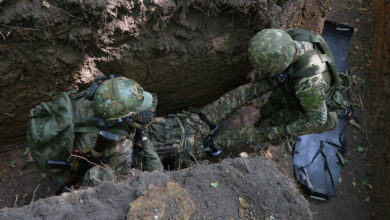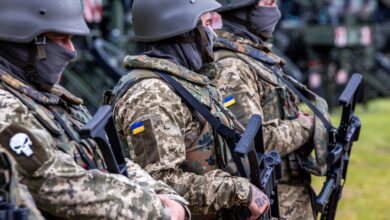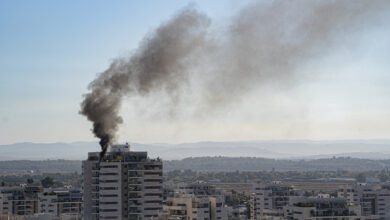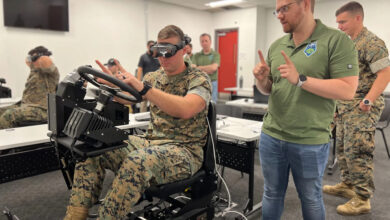Russian modifications could bolster Iran’s drone technology and boost its campaign to prop up Syrian President Bashar al-Assad, the US air force commander in the Middle East said on Wednesday.
Washington accuses Tehran of supplying Moscow with drones, which have become a major feature of the Russian invasion of Ukraine and are in regular use in Syria. Iran denies sending drones to Russia for use in Ukraine.
“I think there’s a risk that… as Russia accepts the drones from Iran, as it modifies those weapons, that some of that technology gets shared back with Iran (and) gives them additional capabilities,” commander of the US Ninth Air Force, Lieutenant General Alexus Grynkewich, told a press briefing.
“I see the implications of that relationship playing out a little bit in Syria. Who would have ever thought that the Russian Federation would need to go to Iran for military capability? And yet we’re there.”
Drones have become a focal point of military strategy for both Russia and Iran, who are under heavy Western sanctions.
Tehran last month unveiled its “Mohajer-10” attack drone, and Russian President Vladimir Putin gave North Korean leader Kim Jong Un a gift of drones when he visited Moscow last week.
“I’m concerned about the level of collaboration that might happen between Russian forces (and) the amount of cooperation and collusion between Russia and Iran that’s playing out in Syria,” Grynkewich told reporters in Abu Dhabi.
“That is something that we watch very closely,” he said. “That burgeoning relationship is of a military concern to me.”
Tehran and Moscow have both provided economic, political, and military support to the government in Syria, helping Damascus claw back most of the territory it had lost in the early stages of the war.
The conflict in Syria since 2011 has killed more than 500,000 people, displaced millions, and battered the country’s infrastructure and industry.

